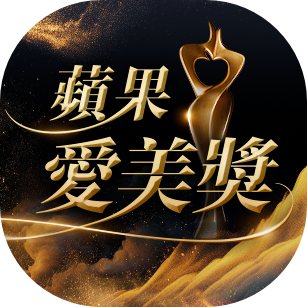Have you ever felt more tired than relaxed after a vacation? These days, travel can seem like a race. People try to visit as many places as possible, take lots of photos, and share everything online. This pressure often comes from FOMO, or the fear of missing out. The term was coined in 2004 to describe the worry people feel when they think they’re missing out on fun events, exciting experiences, or important moments in life. With social media, FOMO has become even stronger. People constantly see others enjoying amazing trips and sharing their lives, which makes them feel they need to keep up. However, some travelers prefer JOMO, or the joy of missing out, which is the opposite of FOMO.
你是否有度假回來後,比起放鬆反而感到更加疲憊的經驗?如今,旅遊感覺就像一場競賽。人們試圖造訪盡可能多的景點、拍攝大量照片,並將一切分享到網路上。這種壓力往往來自錯失恐懼症(FOMO),也就是對於錯失機會的恐懼。該詞於 2004 年被創造出來,用來描述人們在覺得自己錯失參與有趣的活動、刺激的體驗或人生的重要時刻時所感到的擔憂。有了社群媒體之後,錯失恐懼症變得更加氾濫。人們不斷看到他人享受精彩旅行與分享生活片段,這讓他們覺得自己必須跟上腳步。然而,有些旅客則偏好錯失的樂趣(JOMO),它是與錯失恐懼症相反的概念。
生活必備字詞:
coin vt. 創造(字、詞等)
constantly adv. 不斷地,經常地
opposite n. 對立的物或人;反面
◆免費線上聽外師朗讀 https://ivyforfree.pse.is/3jks97
本文節錄自《常春藤生活英語》雜誌,完整內容請見十一月號。
 點擊閱讀下一則新聞
點擊閱讀下一則新聞







